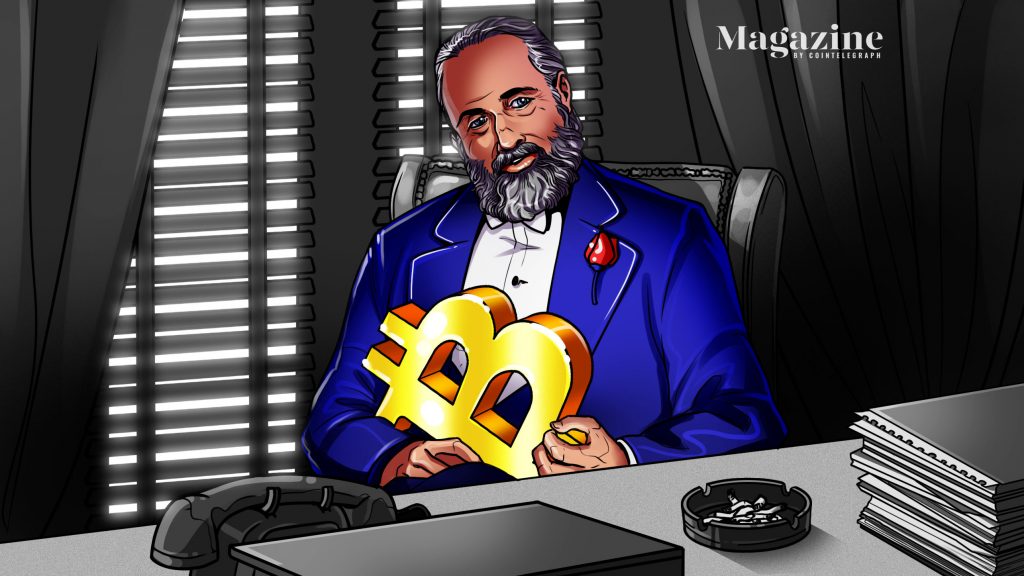Widely credited as the inventor of digital cash, David Chaum is sometimes known as the “father of online anonymity” or the “godfather of cryptocurrency,” whose work inspired the near-mythical group called the Cypherpunks from which Bitcoin emerged.
Beginning his studies in computer science in the late 1970s, when encryption was classified at the same level as nuclear technology, Chaum quickly realized that the technology would be crucial to ensure the continuation of privacy and democracy in the digital age. More recently, he founded xx Network, a privacy-focused blockchain whose connected xx Messenger Chaum hopes will withstand attacks even by quantum computers of the future.
“The National Security Agency was taking the position that cryptography was born classified, even if you created it yourself — like nuclear weapons technology,” Chaum recalls. He was told around 1980 that conferences on the subject would naturally not be allowed and that “people who organize them would be prosecuted.”
Cryptography, encryption, cypherpunks, xx Network, xx Messenger, xx Coin, privacy, quantum computing, Ecash, DigiCash, democracy, Hannu Nurmi — “I was risking spending the rest of my life in jail,” he says.
Cyberwar
Encryption has long been of vital importance in warfare, and the Allies breaking the cipher of the Enigma machine and decoding the Nazis’ secret messages changed the course of World War II.
Afterward, the United States government regulated cryptography as a military munition alongside nuclear technology. The 1976 invention of public key encryption, which allowed information to be shared between two parties without a mutual encryption and decryption key, which could not be cracked or intercepted, took away governments’ monopoly on the technology. The cat was out of the bag, as they say.
As a computer science graduate student at the University of California, Berkeley in 1977, Chaum, now 67, recalls how he “started thinking how important privacy would be for the upcoming digital world” and, by extension, for democracy.
Privacy was the default state in those analog days, with surveillance such as listening to conversations, intercepting mail or searching for records requiring active and concentrated effort. With digitalization, surveillance no longer needed to be active, as data could be more easily…
Click Here to Read the Full Original Article at Cointelegraph.com News…
























